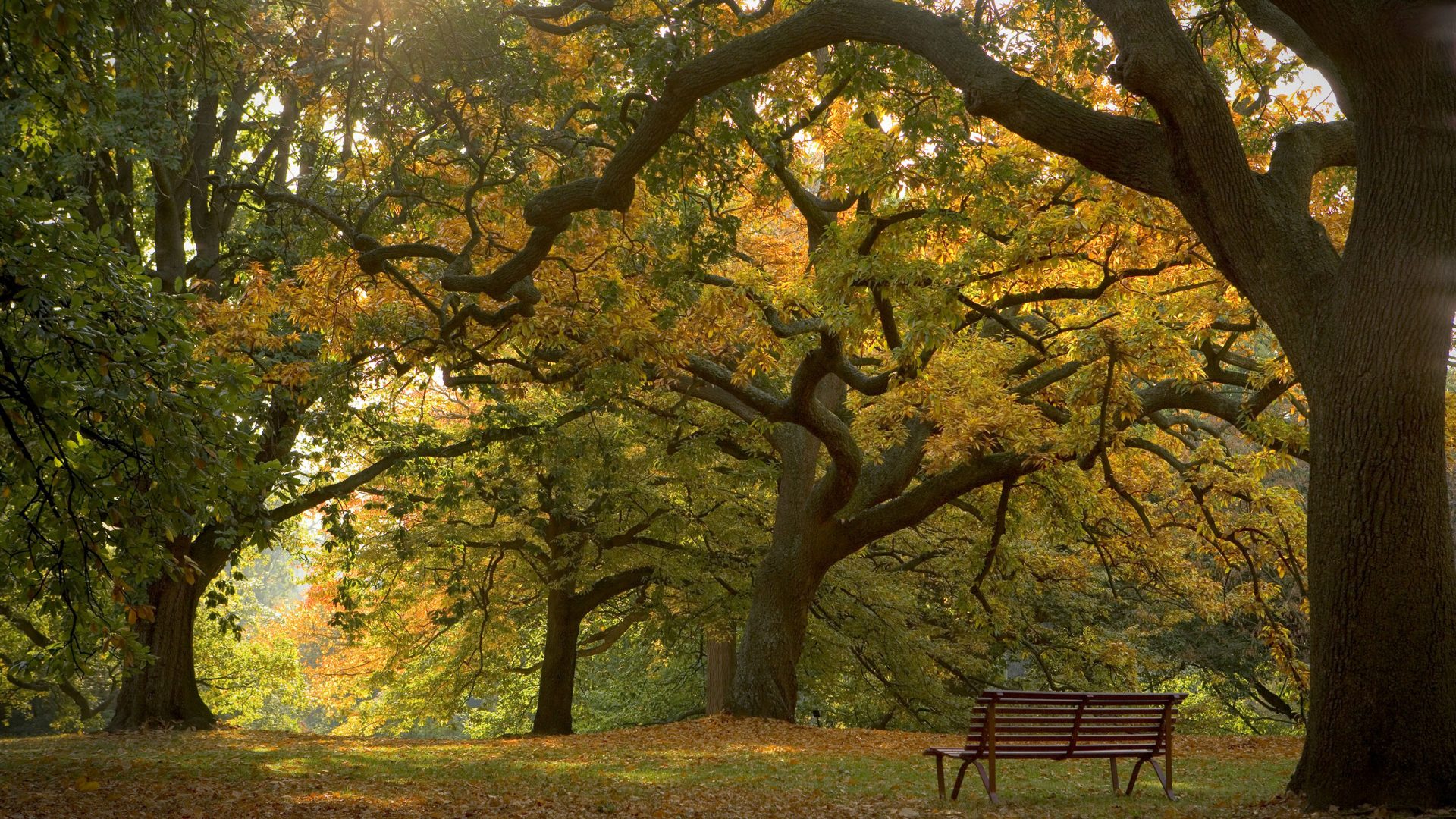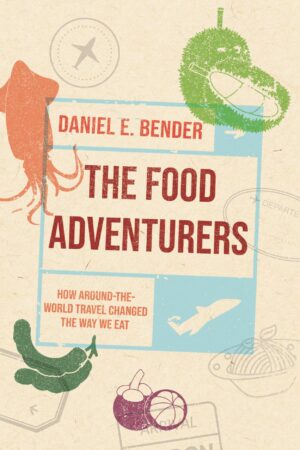This week’s review comes to you from Dr Jacqueline Newling, an historian, gastronomer and museum curator. This is not a garden book but one that might be of interest to those who love not only gardens but also the food that often accompanies the desire to see new places.
The food adventurers: how around-the-world travel changed the way we eat takes readers time travelling across the globe, with author Daniel Bender as tour director.
Daniel E Bender is well-positioned to write about food in history. He is the Canada Research Chair in Food and Culture, Director of Toronto University’s food studies ‘hub’, the Culinaria Research Centre, and former Professor of History. The food adventurers is founded on extensive primary research, while harnessing the author’s specialisations in the history of food and drink, labour history, history of the United States, and empire.
The book follows a timeline from the 1840s to the 21st century in three main sections grouped by modes of travel: sail (1840–1900), steam shipping (1900–45), and the airline industry (1945–75). Rail travel barely rates a mention – these are overseas adventures. Television is the only necessary passport in the conclusion. The destinations are almost entirely ‘exotic’, that is, non-Anglo or non-European, even though and usually because they were or had formerly been colonised by European powers. Australia is mentioned here and there, the only account with any detail being Comte de Beauvoir’s visit in the 1860s to Melbourne and regional Victoria where they hunted and ate native game and met a local ‘tribe’ of Aboriginal people (probably Barapa Barapa or Yorta Yorta).
The narrative is presented primarily through the voices of British and American ‘adventurers’ – travellers and tourists, commercial speculators and opportunists, corporate shakers and movers, tastemakers and celebrities. Several adventurers have hopes of cashing in on their experiences by publishing their accounts as guides for prospective travellers or for less intrepid, armchair travellers. Some even produce cookbooks. A strength of the book is that many of them are women, who in Bender’s view, were more likely to write about food than men, and more attentive to taste and smell. Refreshingly, not all the adventurers were well-heeled, and the most interesting accounts for me, are from those who travelled ‘third class’, and ate with local people.
Not all chapters are character-driven. The sail chapters are based on two individuals’ accounts, while the steam section is told through three people’s travelogues, but interspersed with four differently styled chapters dedicated to particular foods or drink. Rather than side trips or stopovers these are full-length studies, some which seem repetitive and overworked, and could have been curtailed. The final section takes a different turn, with two corporate case studies of businesses and the entrepreneurs that drove them. Some may regard them as ‘food adventurers’ but without the personality and sense of adventure established earlier in the book.
Through his portrayals of these characters and companies, Bender provides constant reminders of the indelible and distasteful stamp of colonialism, with Western travellers’ persistent racial and class prejudices while maintaining a fascination with otherness and assumptions of cultural superiority and rights to appropriate tastes and ideas. Unsurprisingly, their ad/ventures come at the expense of workers from less-wealthy countries, with very few of the travellers appreciating or being bothered by this. Few readers would fail to recognise this reality, and it seems unnecessary and condescending when Bender points them out in his own commentary or summations. He stops short of spelling out what I felt to be the undercurrent of the book, that travellers today continue to take advantage of lowly paid workforces and countries where services – and food – are cheaper than our own.
Given the prominence of food in the title and the strapline’s promise of revealing ‘How around-the-world travel changed the way we eat’ I was anticipating that the book would be about the food that travellers were offered within the logistical constraints of food preservation and storage capacity, kitchen technology aboard floating and flying vessels, especially on long-haul journeys, from the sailors’ mess to lavish dining rooms of the Titanic, for example, and then aeroplane galleys. It took me some time to realise that the book is about the adventurers themselves and the story of their travels and attitudes to the places and people they encountered, with food a subset of those experiences. Some chapters are peppered more liberally with food than others, and in some sections the connections to food are tenuous, or involve lengthy preambles or detours.
Bender is not the first food writer to argue that travel, not just immigration, has ‘changed the way we eat’. He presents a strong case in this book for round-the-world travellers and global tourism companies influencing the way people eat while travelling, and shaping visitors’ views of local foods, but does not meet the promise made in the strapline. The book does, however, allow readers to reflect on their own travel and taste experiences, in overseas destinations and at home, and the inherent issues of authenticity and appropriation, colonialism, class and racial prejudices, in ‘eating the other’.
With 150,000-odd words The food adventurers is densely packed – readers are not travelling ‘light’. It is a very informative and in many ways fascinating book. Bender’s scope is ambitious, the footnoted research is sound and extensive and although repetitive at times, the writing is engaging and accessible. At $45 AUD for hardback it represents good value for people interested in food history, travel and global tourist economies. Its strength is the range of personalities and their descriptions of places, cultures and adventures, some of them culinary. It provides fascinating glimpses of now well-trodden destinations, many elements of them – including their foods – so little changed that they appear to have been suspended in time.
The Food Adventurers, Reaktion Books, 2023, is available from NewSouth Books


